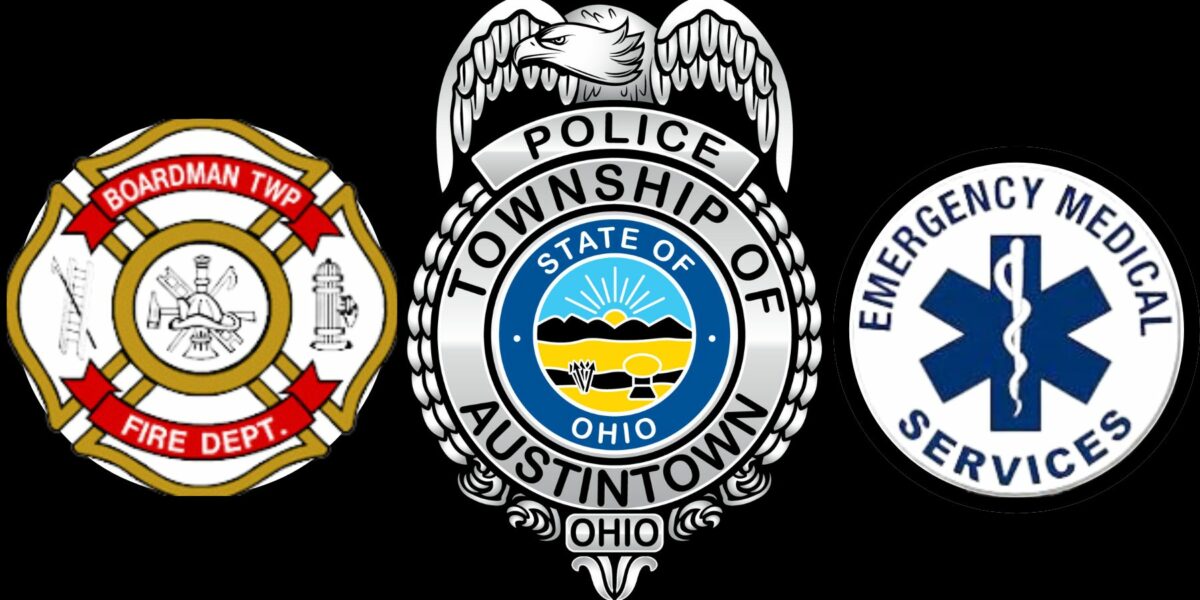Do you remember how you felt when you were young as the summer began to fade? You started thinking about heading back to school with a mix of excitement and dread. Maybe you were heading to a new building as you moved up a grade. All kinds of questions popped up. Will you ride the bus? Will your best friends be there? How much homework will there be?
Excitement or dread didn’t really matter — we went to school. And besides all the usual subjects, they taught us many marketing lessons. You probably still use these lessons in your job as a professional communicator, CEO, manager or business owner.
Here are five key marketing lessons you probably learned in grade school:
#1. Research
You probably wish you had a nickel for every time you were told to make sure to find five or six different sources of information and then list them in the bibliography of your report. But aren’t you thankful now? Okay, probably not. But when you were working on that report about the situation in Europe prior to World War II and thought it was impossible to find more than two, you may have eventually realized that many things presented as fact were actually opinions — and the opinion of one expert rarely matched that of another expert. Likewise, when planning the strategy for marketing your organization, you should gather up every bit of information available, so you can make an informed decision. And in some cases, if you have to report to a board of directors, you have a list of expert sources to back up your plan.
#2. Using a Media Mix
The best teachers change up their presentation — integrating a lecture, slides, videos, discussion and more. They know that will keep your attention better that standing at the lectern and droning on for 45 minutes. Likewise, your message needs to be changed up, both in content and media choice, from time to time. Using a combination is best — perhaps hitting the messaging in television, social media and PR, for example. Just like your teachers, you’ll reach some people better one way and others another way.
#3. Practicing the Performance
Band practice, football practice, speech practice — all helped you prepare for the real event. Though you were tempted to skip, you stuck with it most of the time. And your performance showed it. Today, you know it’s best to practice your sales pitch or presentation or media interview. It always shows up when you perform, because it pays to practice and be prepared.
#4. Ignite a Passion
There are certain teachers who inspire you to do your best. Teachers who make a difference and ignite that passion in you to cause you to go out and do your best — maybe even something for extra credit. We need to ignite customers and stakeholders — to buy or support and effort, to like a Facebook page, order a book, come into a store, vote, donate, or some other action. But it only happens with a spark that ignites them — a spark provided by us.
#5. Rewards
When you did well in grade school, you were often rewarded with a star on your paper or a smiley-face sticker. It kept you working hard. Today, we use rewards to push people to join our clubs, organizations and newsletter lists. We use rewards to keep customers loyal with points and gifts they can only get at a certain point level.
Remember these five marketing lessons, and the others you learned in grade school. They’re important to know when you have the big tests, and sometimes even more important when your organization is faced with a “pop quiz.”
##













Comment